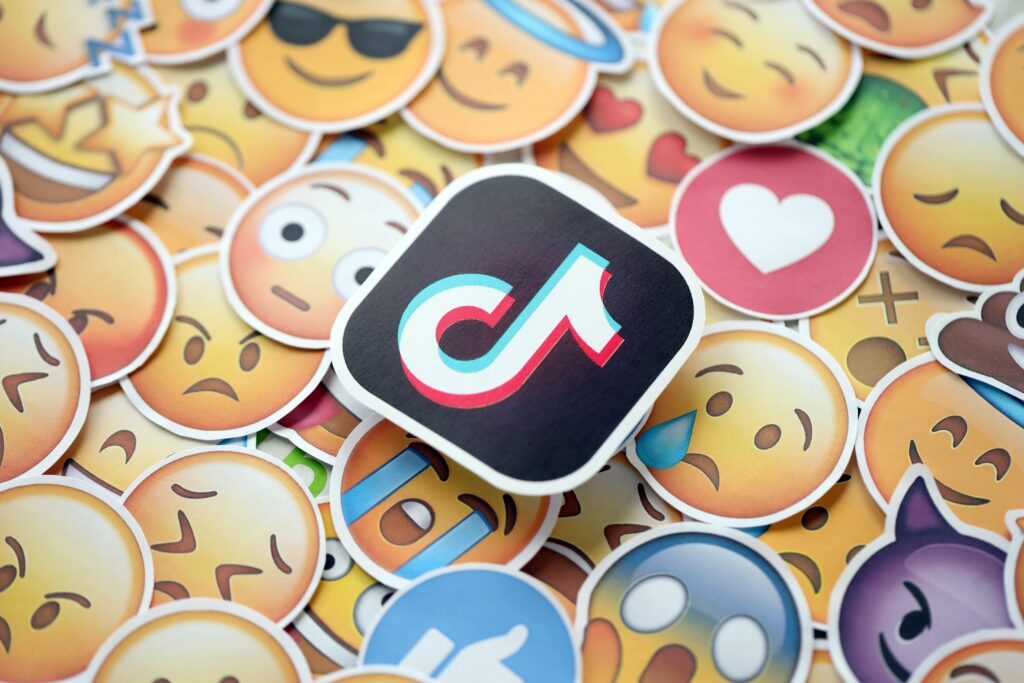A deal over TikTok may be approaching. US President Donald Trump and Chinese leader Xi Jinping will meet to discuss terms on Friday.
Officials from both governments reached a “framework” agreement this week. Reports suggest TikTok’s US operations may be sold to American companies.
If successful, one expert described it as a “rare breakthrough” in US-China trade ties. It could end a dispute that has shaped headlines for years.
Analysts now examine what such an agreement means for TikTok’s 170 million American users, and what Beijing may gain in return.
America may not access TikTok’s core technology
Chinese state outlets called the deal a “win-win”. Trump said, “I’d like to do it for the kids”.
But many details remain unsettled. Reports suggest a US-specific TikTok could appear. A group including Oracle, Andreessen Horowitz and Silver Lake may purchase the operations.
The central issue is the algorithm. It recommends content and fuels TikTok’s popularity. Rivals such as Instagram Reels and YouTube Shorts failed to match it, a former industry executive explained.
“Generally, the one who introduces the technology just knows how to do it better,” the insider said.
ByteDance, TikTok’s Chinese owner, refused to part with this formula. Beijing backed its decision.
Yet China’s top cybersecurity regulator surprised many by hinting ByteDance may license the algorithm to a US partner. But ownership would not change hands.
This marks a dramatic shift from Beijing’s earlier hard line.
Still, the American version may run on a “stripped-down” app, said computing expert Kokil Jaidka of the National University of Singapore.
Even partial access could reveal how TikTok manages engagement, moderation and advertising.
“It makes no business sense for ByteDance to hand over its most valuable asset when a lighter version can keep the app alive,” Dr Jaidka argued.
Such changes could shape user experience. Content may appear less varied than in other regions.
“A lighter, slower, more domestic version – while ByteDance keeps the crown jewels in Beijing,” she added.
Final approval could take time
US Treasury Secretary Scott Bessent, who leads the talks, said TikTok will keep “Chinese characteristics”. The phrase, often used by the Communist Party, underlines Beijing’s distinctive approach.
US officials have long worried about who accesses TikTok data and its influence over American users. These concerns drove a law signed by former president Joe Biden. It required TikTok to hand over US control or face a ban.
Trump later shifted stance, praising TikTok for helping him secure young voter support in 2024.
Yet lawmakers must still approve any sale. Political pushback already grows in Washington.
Republican John Moolenaar warned that the framework may still allow Chinese influence.
“Put simply: the statute requires full separation from ‘foreign adversary’ control,” lawyer Hdeel Abdelhady noted. “A license does not appear to meet that test.”
Large cross-border deals often take months or years. Key questions remain unresolved.
How will an American TikTok interact with the global version still owned by ByteDance? Will ByteDance’s board approve the plan?
Even with Beijing’s green light, ByteDance’s private status complicates matters.
Trump’s unpredictable approach to trade could also inject fresh uncertainty.
Beijing builds leverage while keeping TikTok global
Trump wants a TikTok deal, and the reasons are obvious.
TikTok serves one in seven people worldwide. It also acts as a vast marketplace, linking buyers and sellers from the US to Germany, Indonesia and the Philippines.
“This is the only major social media app not born in the US, so it’s extremely valuable,” the former executive said.
American users generate the most money. In the US, per-user revenue is five to ten times higher than elsewhere. The American market may account for nearly half of ByteDance’s total revenue.
Tech outlet The Information estimated ByteDance’s global income at $39bn in 2024, with TikTok providing $30bn.
But what does China gain?
Licensing keeps ByteDance’s algorithm secret. That strengthens Beijing if the US tries to build rival platforms, said scientist Ben Leong.
And instead of being banned, TikTok remains in America. ByteDance retains its largest stake, brand and format.
Investor and analyst Kevin Xu described this as a “TikTok Template”. Other Chinese companies could adopt the same approach to enter the US.
Vital industries, from batteries to rare earths, might follow such pathways.
“This is the model that could help firms like BYD or CATL expand in America,” Xu said.
China can portray this as a victory: exporting technology on its terms. That gives Beijing leverage in trade negotiations.
Former World Bank director Bert Hofman observed, “The Chinese side called the talks in depth, constructive and candid. That suggests they are pleased. The question is when a full deal arrives.”
A TikTok agreement could buy Beijing time. The US is a crucial export market for China, while Beijing remains a top buyer of US farm goods. Tariffs damage both economies.
Export controls also weigh heavily, particularly on rare earths, where China dominates supply.
For now, TikTok talks mark progress for Beijing. The US may secure a deal, but not the sweeping victory Trump hoped for.
“The deal might work on paper, but it will always sit under a cloud,” Dr Jaidka warned.
“A US TikTok may look the same, but it will rely on borrowed code, firewalled data, and fragile political trust.”

